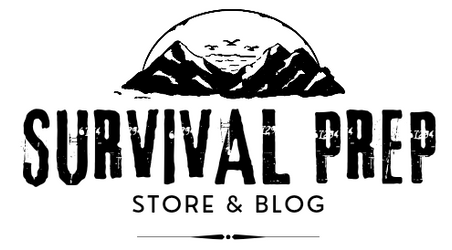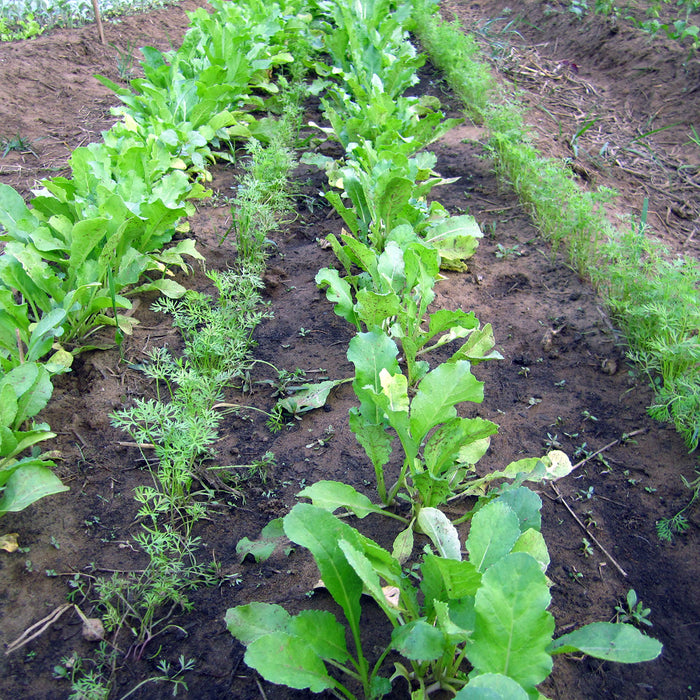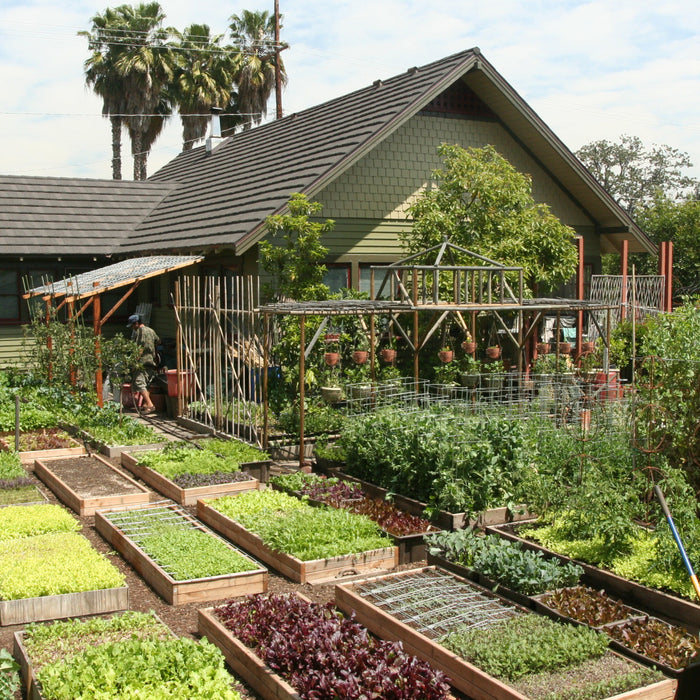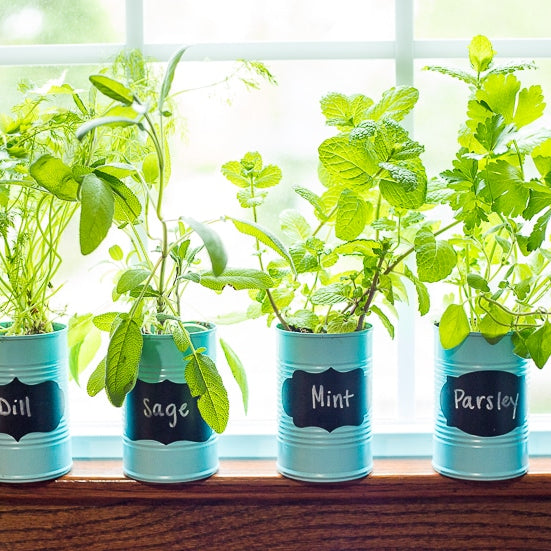
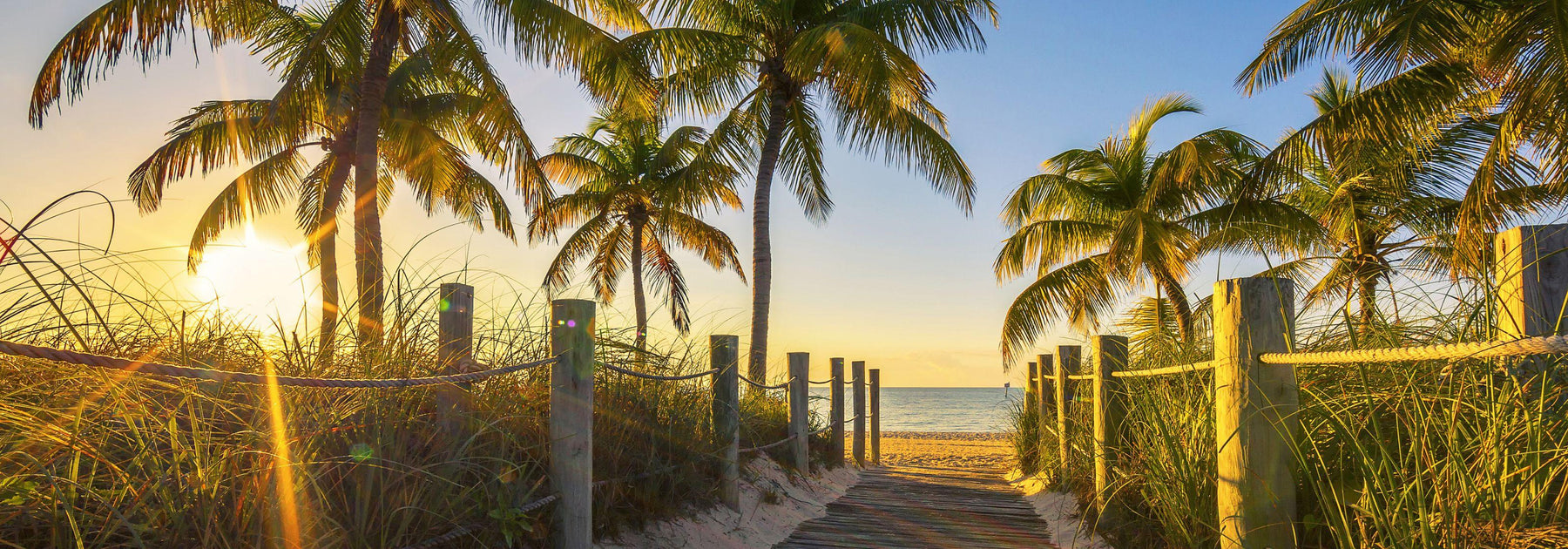
Prepper's Guide to Buying a House in Florida: Tips for Survival and Self-Sufficiency
As a prepper, buying a home in Florida is an excellent choice due to its warm climate, low taxes, and abundance of natural resources. However, it's essential to consider various factors before making a purchase, such as location, natural disasters, and overall preparedness.
Location is Key
When looking for a home in Florida, location is crucial. Areas that are more remote may offer more privacy and seclusion, but they may also be more vulnerable to natural disasters. According to the National Oceanic and Atmospheric Administration (NOAA), Florida has the highest number of natural disasters in the United States, with hurricanes being the most significant threat. In the past 20 years, Florida has been hit by 27 hurricanes, causing over $123 billion in damages. This is why it is essential to consider flood zones, evacuation routes, and emergency shelters when choosing a location.
Three billion-dollar weather disasters affected Florida in 2018—and a total of 13 affected the state between 2010 and 2018. In October 2018, Hurricane Michael made landfall in Mexico Beach, Florida, as a category 5 hurricane, with 160 mile-per-hour winds and storm surge in excess of 15 feet. Michael was the third category 4 or higher storm to make landfall in the U.S. that year, the first category 5 to strike the U.S. mainland since Hurricane Andrew in 1992, and is only the fourth category 5 on record. Total costs were $25.2 billion.* --
On the other hand, areas closer to cities may offer more access to resources, but they may also be more prone to crime or civil unrest. According to the FBI's Uniform Crime Reporting Program, Florida had a property crime rate of 21.5 per 1,000 residents in 2020, higher than the national average of 20.3 per 1,000 residents. Therefore, it is important to research crime rates in the area before making a purchase.
For more information you can the Florida Department of Law Enforcement (FDLE) website, which maintains crime statistics for the state of Florida. You can find detailed information on crime rates for individual cities, including violent and property crimes, through their Uniform Crime Reporting (UCR) program. The website provides reports for both the most recent year and historical data for comparison. You can access these reports at the following link: https://www.fdle.state.fl.us/FSAC/UCR/UCR-Reports.aspx.
Another resource is the FBI's Uniform Crime Reporting (UCR) program, which provides crime statistics for all states and major cities in the United States. This program collects and publishes data on both violent and property crimes. You can access this information through the FBI's website at the following link: https://ucr.fbi.gov/crime-in-the-u.s/.

Preparedness in Florida
When it comes to preparedness, Florida has a strong emergency management program. The Florida Division of Emergency Management (FDEM) provides information and resources for residents to prepare for emergencies, including hurricanes, flooding, and wildfires. The FDEM also operates a statewide emergency hotline, 1-800-342-3557, for residents to call for assistance during an emergency.

In addition, it is essential to consider the construction and design of the home when looking for a prepper-friendly property. Homes built to withstand hurricanes and tropical storms are ideal, with features such as hurricane-resistant windows, reinforced roofs, and sturdy foundations. Many Florida homes also have backup generators to provide power during outages.
_____
Read Also:
The Ultimate Guide to Homesteading and Raising Chickens: Tips, Tricks, and Tools
_____
Natural Resources
One of the advantages of buying a home in Florida is the abundance of natural resources. Florida has a year-round growing season, making it ideal for gardening and farming. According to the Florida Department of Agriculture and Consumer Services, Florida is the second-largest producer of fresh vegetables in the United States, with over 47,000 farms.
Water Sources in Florida

Florida's abundant freshwater resources make it an excellent location for preppers who prioritize self-sufficiency. The United States Geological Survey (USGS) reports that Florida is home to over 700 freshwater springs, which is the largest concentration of springs in the world. This incredible volume of freshwater, coupled with Florida's subtropical climate, makes it an ideal location for preppers who want to be independent when it comes to their water supply.
The Floridian aquifer system is the primary source of groundwater in the state, providing drinking water to millions of residents. The aquifer system consists of several layers of porous rock that allow for the storage and movement of large volumes of water. This natural reservoir, coupled with the numerous springs and rivers throughout the state, provides a vast supply of freshwater for preppers who choose to settle in Florida.
For preppers, having a reliable and secure source of freshwater is essential. In a survival situation, access to clean water can be the difference between life and death. The abundance of freshwater springs in Florida provides preppers with the opportunity to collect and store water for long-term use.

Moreover, the water quality in Florida's springs is closely monitored by government agencies to ensure its safety for consumption. According to the Florida Department of Environmental Protection, the state's water meets all federal Safe Drinking Water Act requirements, which establishes legal limits on certain contaminants in drinking water. The department also implements measures to protect the water quality in the state's freshwater springs, such as monitoring pollution sources and enforcing environmental regulations.
Evaluate the Location
To evaluate the location of a potential home in Florida, consider the following factors:
-
Natural Disasters: Florida is prone to hurricanes, flooding, and wildfires. Be sure to research the history of natural disasters in the area and ensure that the property is equipped with necessary safety features such as hurricane shutters and a secure foundation.
-
Access to Resources: Access to resources such as water, food, and medical care is essential in the event of an emergency. Consider the distance to hospitals, grocery stores, and other necessary facilities.
-
Crime Rates: Although Florida has an overall lower crime rate than the national average, certain areas may have higher crime rates than others. Check local crime statistics and research the safety of the neighborhood before making a purchase.
-
Proximity to Military Bases: Military bases may offer added security and resources in the event of an emergency. However, they may also pose a risk in the event of a military conflict or attack.
-
Community Preparedness: Research the preparedness of the local community and government for natural disasters and other emergencies. Look for areas with a strong sense of community and active emergency response plans.

Best Areas for Preppers in Florida
When considering the best areas for preppers in Florida, it's important to look for areas that offer access to necessary resources while also minimizing the risk of natural disasters. Some of the best areas for preppers in Florida include:
-
Gainesville: Located in North Central Florida, Gainesville offers a lower risk of natural disasters and access to resources such as the University of Florida, which has a large agricultural research program.
-
Ocala: Located in Central Florida, Ocala offers access to natural springs for water resources and is known for its agriculture and farming community.
-
The Villages: Located in Central Florida, The Villages offers a close-knit community with active emergency response plans and access to necessary resources.
-
Vero Beach: Located on Florida's East Coast, Vero Beach offers access to natural resources such as the Indian River Lagoon and is located outside of the hurricane zone.
-
Pensacola: Located in the Florida Panhandle, Pensacola offers access to military bases and resources, as well as a lower risk of natural disasters compared to other areas in Florida.
Things to Look Out For in Each Area
While these areas may offer benefits for preppers, it is still important to consider potential drawbacks and risks. For example, Gainesville may have a higher risk of tornadoes, while Ocala may have a higher risk of wildfires. In Vero Beach, the risk of flooding may be a concern. It's important to thoroughly research each area and consider your specific needs and concerns as a prepper.
Buying a home in Florida as a prepper requires careful consideration of various factors, including location, natural disasters, access to resources, and community preparedness. By researching and evaluating these factors, you can find the best area for your needs and ensure that you are prepared for any potential emergency. Remember to consult with local authorities and experts for further guidance and resources.
Sources:
- National Oceanic and Atmospheric Administration. "Billion-Dollar Weather and Climate Disasters: Overview." https://www.ncdc.noaa.gov/billions/overview
- Federal Bureau of Investigation. "Crime in the United States, 2020." https://ucr.fbi.gov/crime-in-the-u.s/2020/crime-in-the-u.s.-2020/tables/table-6/table-6-state-cuts/florida.xls
- Florida Division of Emergency Management. "Florida Division of Emergency Management." https://www.floridadisaster.org/
Recommended Posts
- How to Build a Bug Out Bag for Kids: Tips and Tricks
- 10 Survival Skills Every Kid Should Know
- Food prices are about to skyrocket even more; Prepare for a 'famine,' followed by housing crash, then equities wipeout - Michael Gayed
- South Threatened by Severe Weather After Texas Tornado Disaster: How to Prepare.
- The Ultimate Guide to Radiation Water Filters: How They Work
